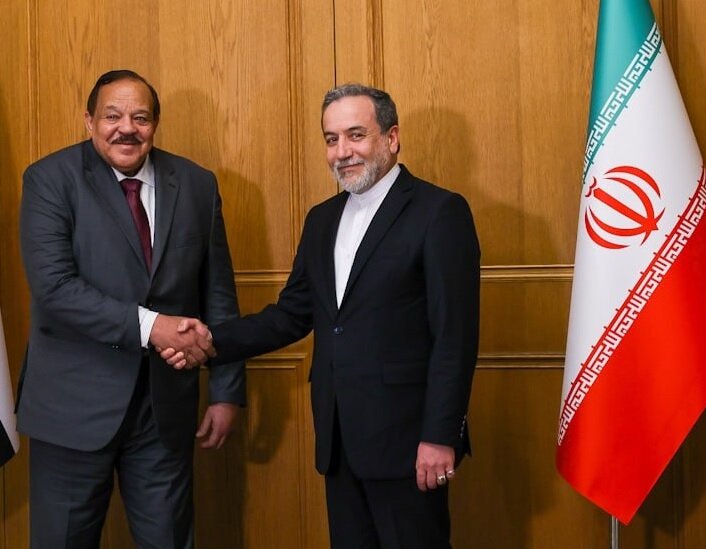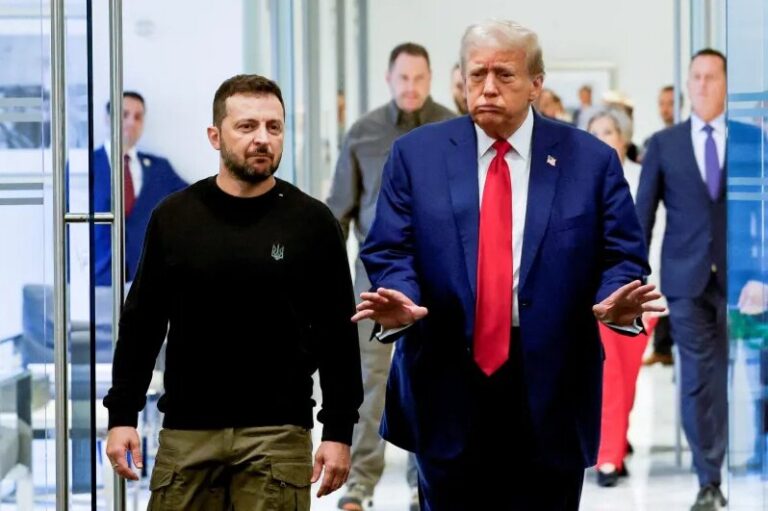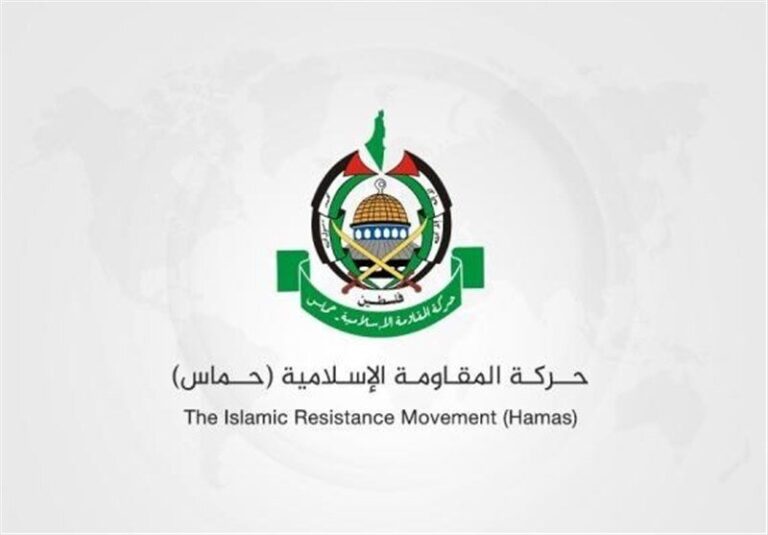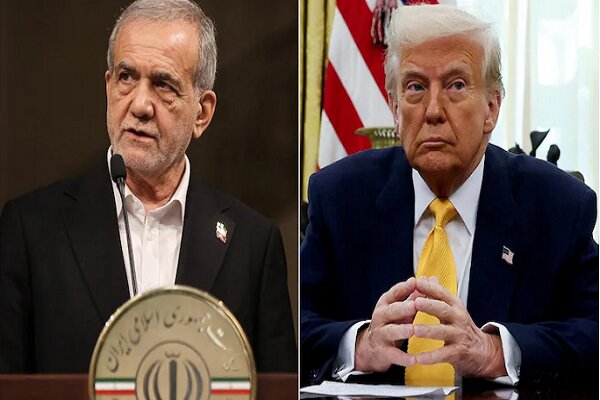Strengthening Ties: Iranian and Sudanese Foreign Ministers Convene in Tehran
In a significant move to strengthen diplomatic relations, Iran and Sudan have taken a notable step forward. Recently, Iranian Foreign Minister Abbas Araghchi and his Sudanese counterpart signed two important memoranda of understanding. These agreements aim to enhance bilateral ties between the two nations, signaling a new era of cooperation.
During the signing ceremony, Araghchi emphasized the importance of mutual collaboration and announced that Iran and Sudan will cancel visas for holders of political passports. This decision is expected to facilitate smoother diplomatic interactions and foster closer ties between the two countries.
The memoranda signed by the foreign ministers cover a wide range of areas, aimed at promoting cooperation in various sectors. Here are some key points regarding the agreements:
- Visa Cancellation: The cancellation of visas for political passport holders is a significant move that will enhance diplomatic exchanges.
- Economic Cooperation: The agreements pave the way for increased economic collaboration between Iran and Sudan.
- Cultural Exchange: Both nations are looking to promote cultural ties, enhancing mutual understanding and respect.
- Security Collaboration: The memoranda may also include areas of security cooperation, addressing common challenges.
These agreements come at a time when both nations are seeking to strengthen their international standing and expand their influence in the region. By working together, Iran and Sudan can leverage each other’s strengths and resources to achieve common goals.
The Iranian Foreign Minister expressed optimism about the future of Iran-Sudan relations, highlighting the potential for collaboration in various fields. He stated that the agreements mark a new chapter in the historical ties between the two countries, which have faced numerous challenges over the years.
Additionally, Araghchi reiterated Iran’s commitment to standing by Sudan in its pursuit of development and stability. He emphasized that the two nations share similar views on various geopolitical issues, which will further solidify their partnership.
As part of the agreements, both countries will also explore opportunities for joint projects that can benefit their economies and societies. This includes initiatives in sectors such as agriculture, energy, and technology.
The diplomatic relationship between Iran and Sudan has historically been complex, but recent developments indicate a shift towards more constructive engagement. With the signing of these memoranda, both nations are poised to take significant steps towards a more collaborative future.
In conclusion, the recent agreements between Iran and Sudan signify a promising direction for bilateral relations. The cancellation of visas for political passport holders will undoubtedly enhance diplomatic interactions, while the broader cooperation outlined in the memoranda opens doors for economic and cultural exchanges. As both nations navigate the complexities of the global landscape, their commitment to mutual support and collaboration will be essential for achieving long-term goals.
As Iran and Sudan embark on this new journey of partnership, observers will undoubtedly be watching closely to see how these agreements unfold and what impact they will have on regional dynamics.






